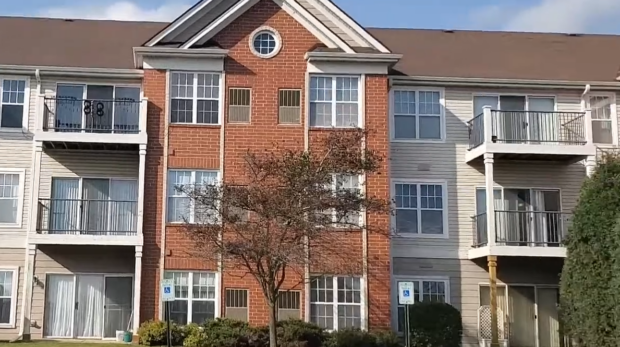My Neighbor is Harassing me About my Dog
What to do if My Neighbor is Harassing me About my Dog Living near your neighbors can be a great experience, but it also comes with potential neighbor disputes. One of the most common disagreements is about pets. If your neighbor is harassing you ab ...










